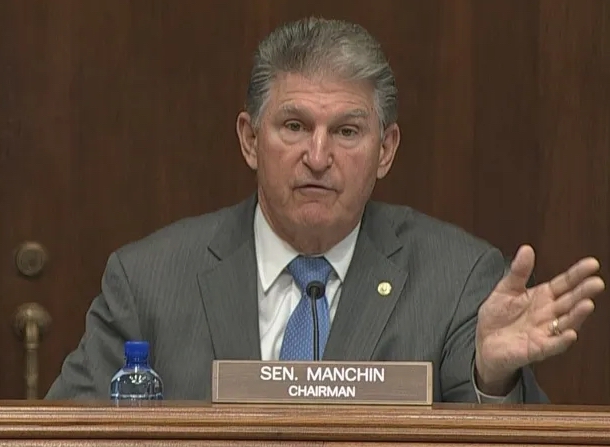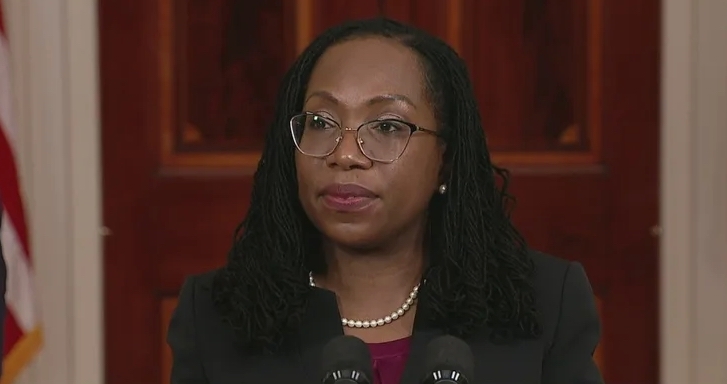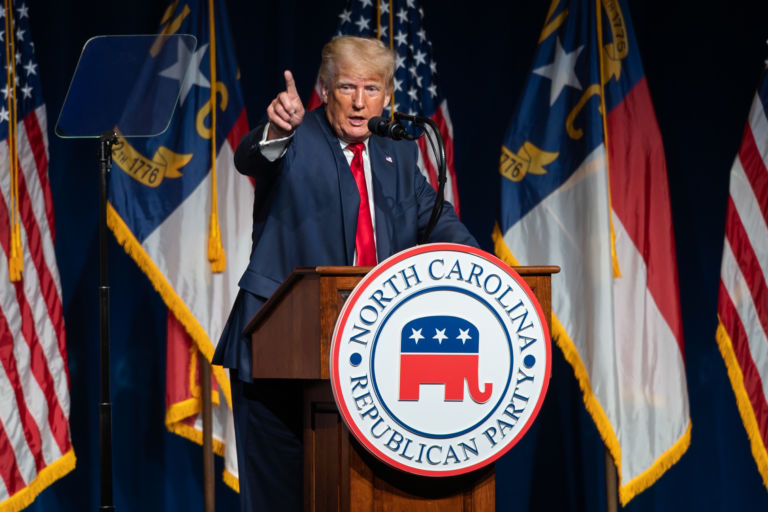As most Locker Room readers are no doubt aware, in Rucho v. Common Cause, the U.S. Supreme Court upheld North Carolina’s Congressional district maps despite the fact that they were gerrymandered to favor Republicans. The court held that political gerrymandering is a “political question” and therefore “non-justiciable.”
In a couple of recent blog posts, Michael Ramsey and Ilya Somin raise doubts about the political question doctrine. Between them I think they make a pretty good case, and I especially like these passages from Ramsey’s post:
The Court in Rucho does better in noting two points: (1) that founding-era Americans knew about partisan gerrymandering; and (2) that they nonetheless generally gave state legislatures power over districting, subject to oversight by Congress, but not subject to any other express limitations. One might say that this builds a case for application of the other prong of the political question doctrine—that a constitutional judgment is textually committed to another branch. But I doubt that approach as well. The fact that Congress has oversight does not mean the courts do not also have oversight.
Instead, I think the Court’s points about the text and history show something different: the Constitution does not limit partisan districting. At minimum, I would say that the originalist case for a constitutional limit on partisan districting is not proved… Put this way, districting is a political question, but not because of some arcane doctrine of justiciability. It is a political question because the Constitution did not address it, and thereby left it (like many other issues) to the political branches. [Emphasis added.]


